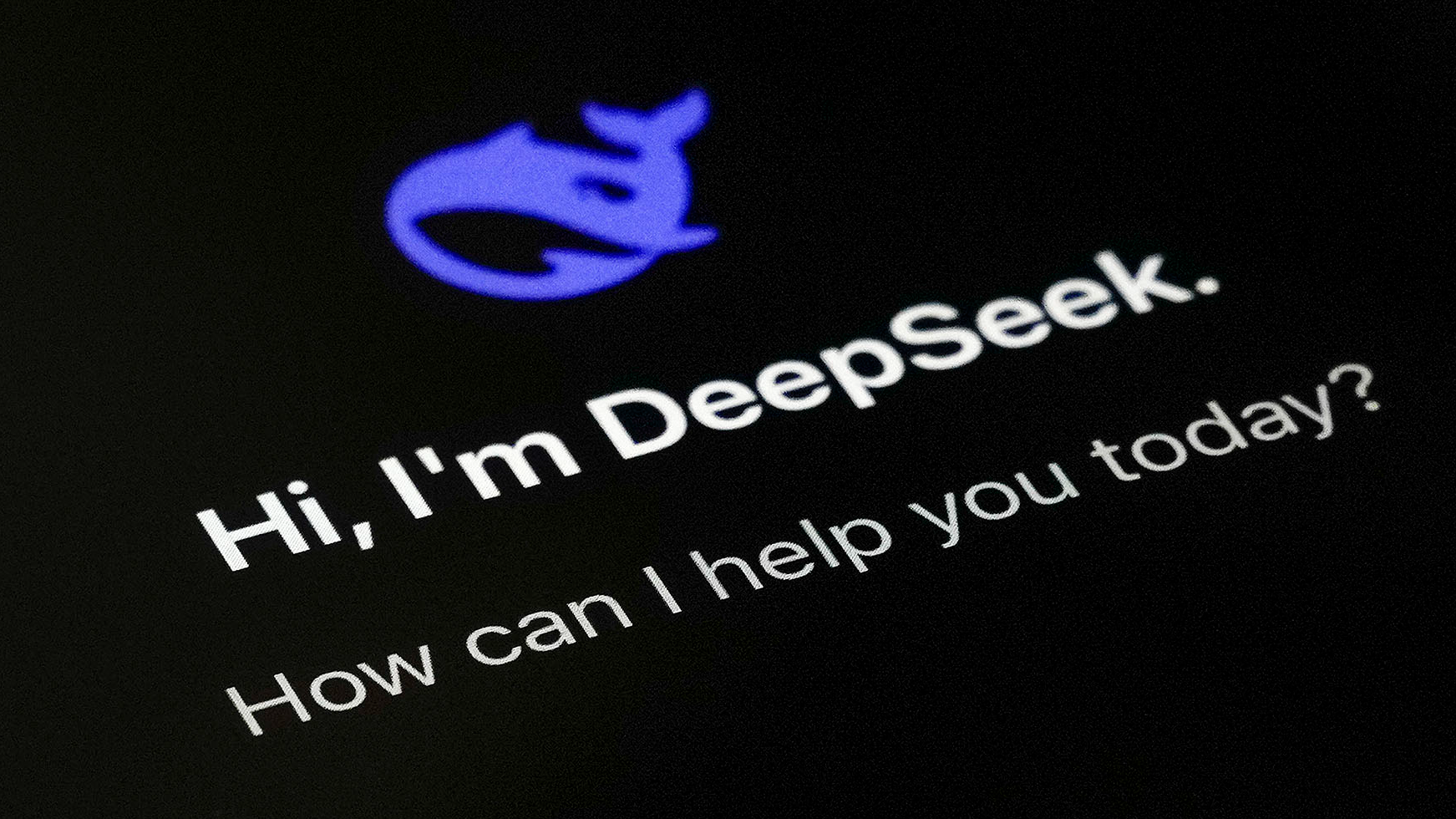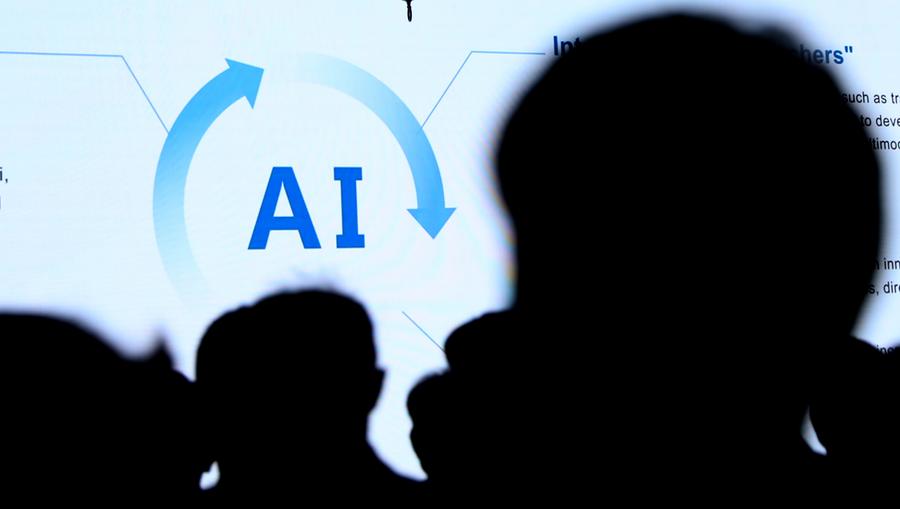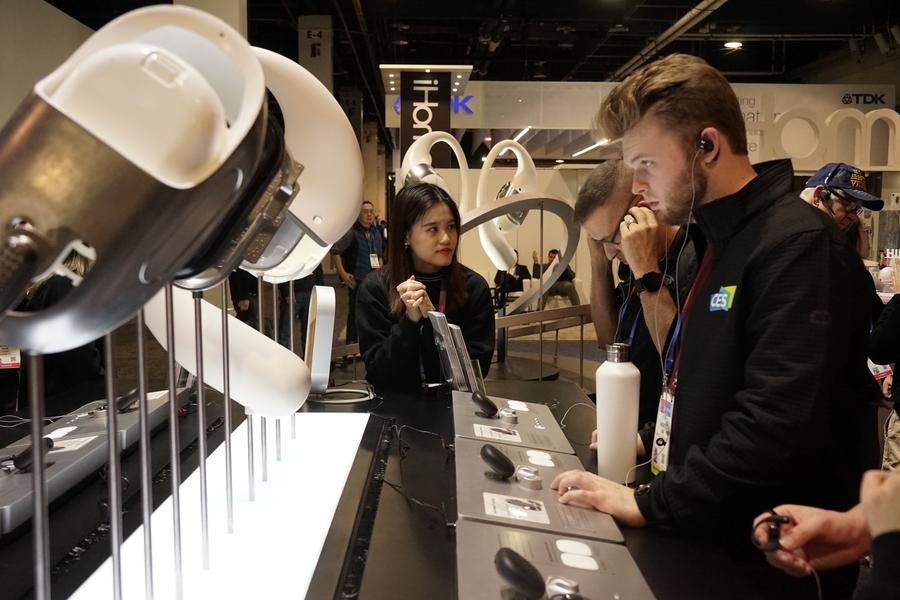
SACRAMENTO, United States - With its efficiency and open-source breakthroughs, DeepSeek's artificial intelligence model is seen by experts as a "net positive" for US businesses, investors and tech communities.
Last month, the Chinese AI company garnered global attention with the release of its "reasoning model" R1. Many around the world rushed to compare DeepSeek R1 with OpenAI's o1 model.
What has stirred excitement in the tech world is DeepSeek's distinctive approach to model training, which achieves remarkable efficiency at a fraction of the computing costs incurred by major US AI labs.
Unlike its US counterparts which keep their technology proprietary, DeepSeek embraces an open-source approach, making its developed algorithm freely accessible to all.
As DeepSeek matches the US advanced AI models but at much lower costs, Michael Albert, an AI and computing expert at the University of Virginia's Darden School of Business, suggested that it was positive for US investors and businesses.
"Improvements in efficiency for a general-purpose technology like AI lift all boats," Albert said in an article posted on the website of the school. "It is extraordinarily exciting to me as someone who works closely with practice to see cutting-edge, open-source models released."
"This allows smaller companies and startups to compete in the product space with the big tech companies. This drives innovation," he noted.

His view is echoed by Yasir Atalan, a data fellow in the Futures Lab at the Center for Strategic and International Studies (CSIS).
"Smaller companies and startups will now be able to replicate low-cost algorithms and potentially innovate upon them, enabling the development of more affordable and accessible low-tier and specialized AI applications across various domains," Atalan wrote in a CSIS commentary published Monday.
ALSO READ: Experts: DeepSeek sets benchmark for Chinese firms
He continued to praise the approach of open source in contrast with closed systems.
"China's sudden leap in AI efficiency highlights the growing impact of open-source collaboration," he said, adding that open-source AI frameworks often "foster rapid innovation" as developers worldwide can inspect, modify and improve the underlying technology.
Atalan noted that from a US perspective, open-source breakthroughs can lower barriers for new entrants, allowing smaller startups and research teams to participate in cutting-edge work without massive budgets.

DeepSeek's innovation is good for the world, as it shows the possibility of advanced AI at much lower costs than was widely believed in the United States until yesterday, renowned US economist Jeffrey Sachs, a professor and director of the Center for Sustainable Development at Columbia University, told Xinhua in a written interview.
Technology is a global undertaking to which scientists and technologists from all parts of the world contribute, Sachs said.
In its recent episode, the Newcomer, a podcast about Silicon Valley, argued that DeepSeek is "a net positive" for the AI community in the United States, "precisely because of its open-source nature".
In response to DeepSeek's impact on US counterparts, "The Silicon Valley and China's tech communities are actually pretty in-sync here," the podcast's hosts said.

DeepSeek's breakthroughs have also sparked enthusiasm among AI researchers in the United States, said Sebastian Mallaby, senior fellow for international economics at the Council on Foreign Relations (CFR).
"The DeepSeek model elicited excitement," he said in a CFR article on Friday, reflecting on insights from a recent dinner with machine learning scientists, most of whom were either in academia or at AI startups.
There was excitement about "the way that DeepSeek's model trained on reasoning problems that were themselves model-generated. Hitherto, a lack of good training material has been a perceived bottleneck to progress. That constraint now may have been solved", Mallaby said.
READ MORE: Microsoft brings DeepSeek to its cloud
Academics also hoped that "the efficiency of DeepSeek's model would put them back in the game: for the past couple of years, they have had plenty of ideas about new approaches to AI models, but no money with which to test them," he noted.


